It comes as a logical move that you will lead the Fidesz list in next year's EP elections, as you have been the face of the fight against Brussels. What role will you play in the campaign?
"It's no secret that I have been a state official working with commitment towards Hungarian interests all along, but this campaign will require far more preparation than earlier ones. The stakes are very high for the 2024 EP elections: a conservative turn in the European institutions is needed, and I want to take an active role in this. But this task, like my ministerial duties, requires a whole person, which is why I have already informed the prime minister of my intention to resign as of 31 July. I believe that the right thing to do is to hand over the leadership of the justice ministry to someone who can concentrate one hundred per cent on the job.
These four years were a great honour for me, and it was an uplifting feeling to represent Hungary's interests.
That's what I'm going to do in the future too, but now in the focus of a campaign. I cannot confirm the information, as it is up to the board of Fidesz to decide on the list. It is true, however, that I envision my future in the European Parliament.

You recently said that there is a lack of trust between the European Union and Hungary. Do you want to remedy this lack of trust or continue to fight, if necessary, in another place, with different means?
It is correct to talk about a lack of trust, but I think its direction is different from how it is presented in the leftist-liberal media:
Hungary's trust in EU institutions has been seriously damaged recently.
Although we have striven for cooperation and sensible compromises, they have repeatedly failed to deliver on their promises, even at the highest levels. It is my unconcealed goal to build many more alliances in our European network, and to do so we have to deal with European politics as a general rule. We can see a conservative movement unfolding across Europe. We should build on this. I have always said that it does not matter who belongs to which party group, the point is to offset the disproportionate leftist-liberal predominance prevailing in the EU.
Common sense must return that puts the interests of European citizens first whether the issue is migration, gender or war and peace. I'm driven by this objective, obviously in such a way that Hungary's position gains ground in these issues.
I believe that all the tasks that I took on when I was appointed have been completed. Recently, we managed to conclude two major agreements in Brussels: in December, we made a big step forward in the conditionality procedure, and in May, we were able to conclude the justice package, with only implementation remaining. Just yesterday, we announced the so-called trio presidency programme with our Spanish and Belgian counterparts in Luxembourg and Hungary has set up a whole governance structure in recent months to successfully conduct our rotating presidency of the EU in the second half of 2024. In the classical fields of justice, I am particularly proud that the national network of victim support has been almost completely developed. My successor just has to cut through the missing inaugural ribbons. In the field of family law, we have done a lot to strengthen the rights of children and families in cooperation with civil society and law enforcers. And just after I was first appointed, we implemented a historic salary increase for judges and prosecutors. I had the opportunity to work in a fantastic ministry with fantastic colleagues, and I am very grateful to them for everything. I feel that I can do much more in the future if my commitment to the interests of the Hungarian people continues to play a key role in European politics. In the perspective of Europe's future, the campaign is now the priority: to make the European Right, the conservatives, believe that they are capable of winning this election. And this work requires a complete person.
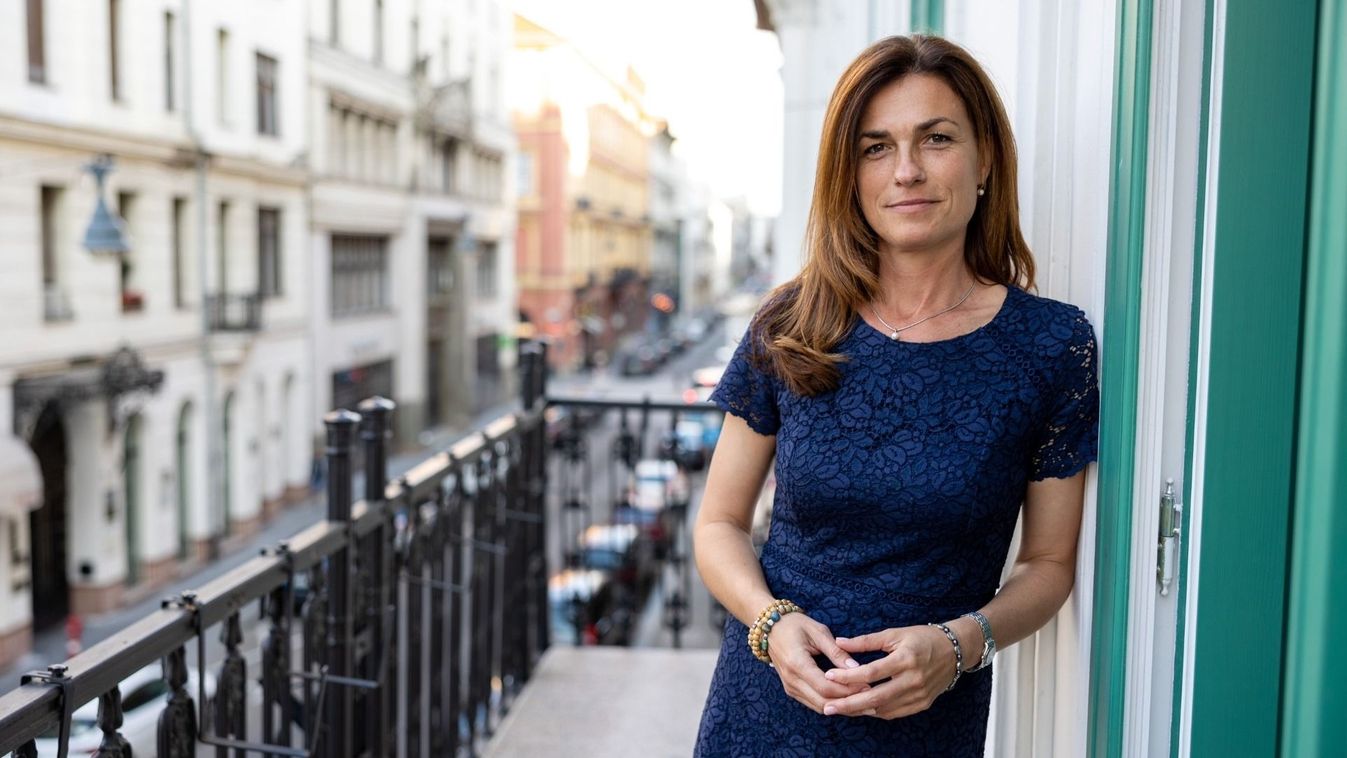




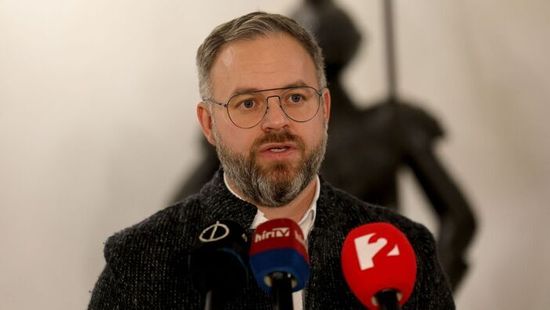
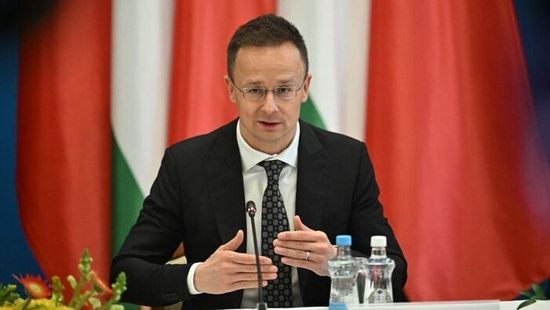

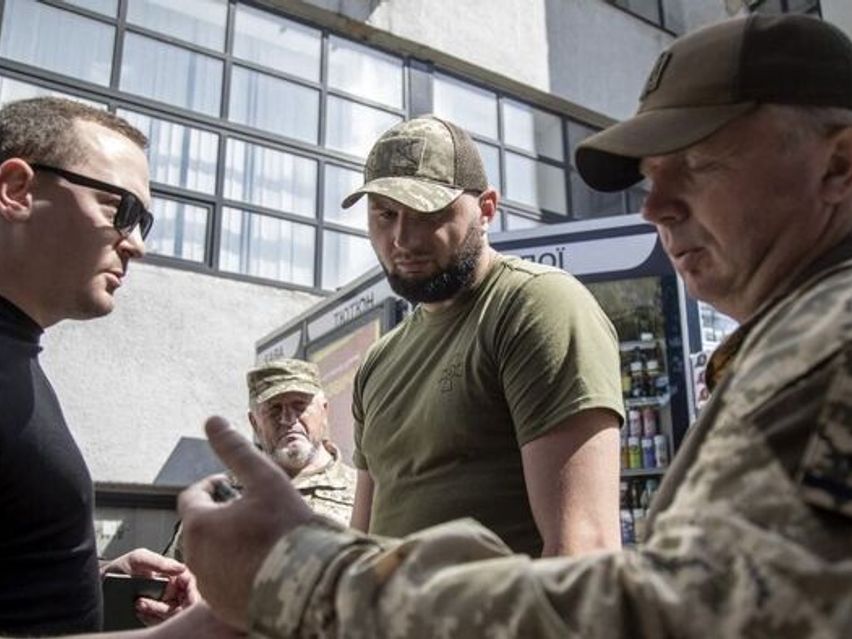
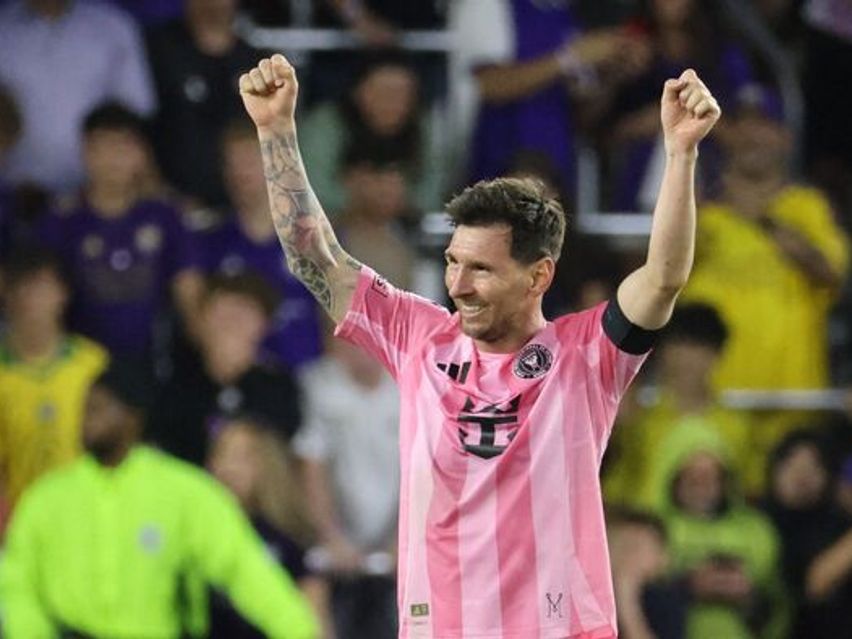

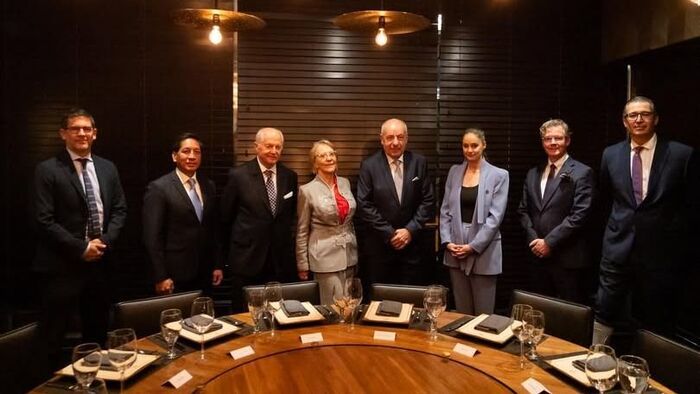

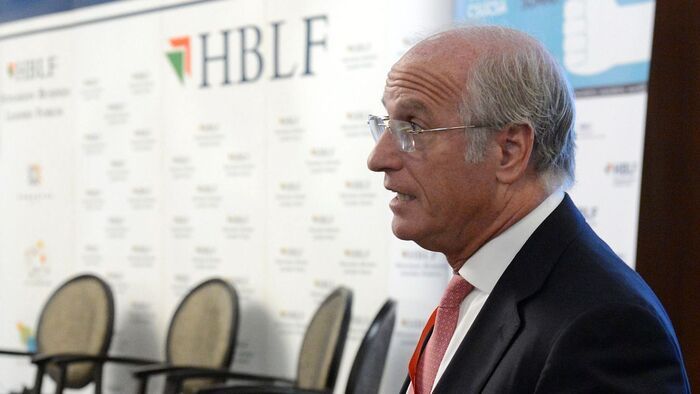
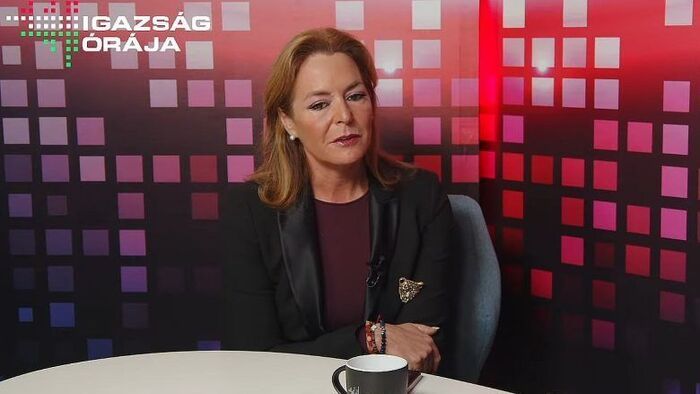
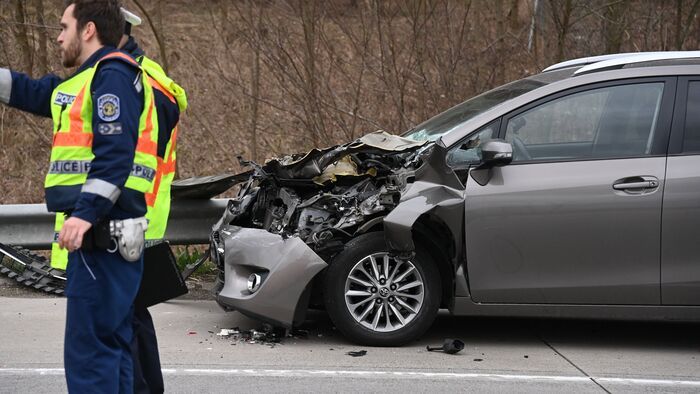

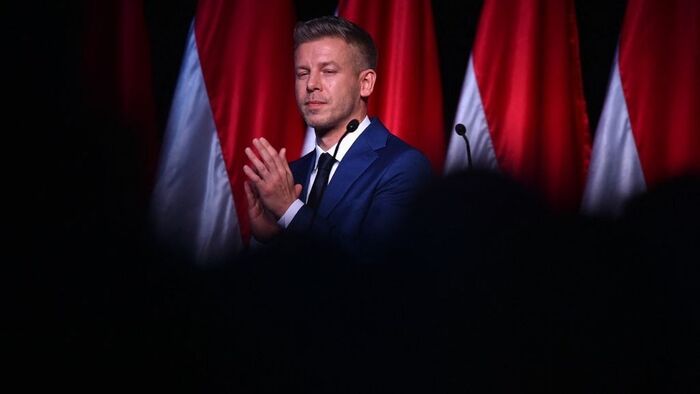
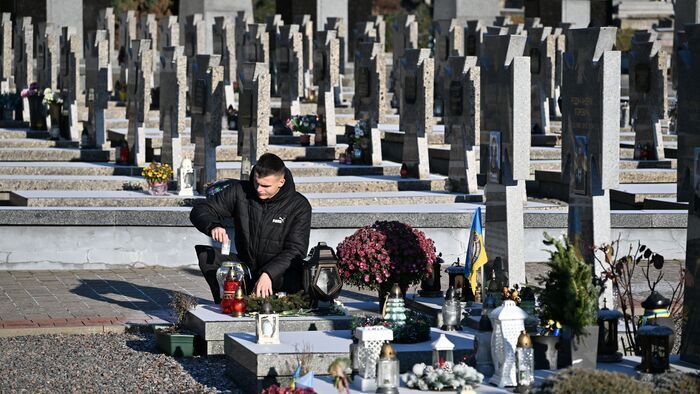






Szóljon hozzá!
Jelenleg csak a hozzászólások egy kis részét látja. Hozzászóláshoz és a további kommentek megtekintéséhez lépjen be, vagy regisztráljon!